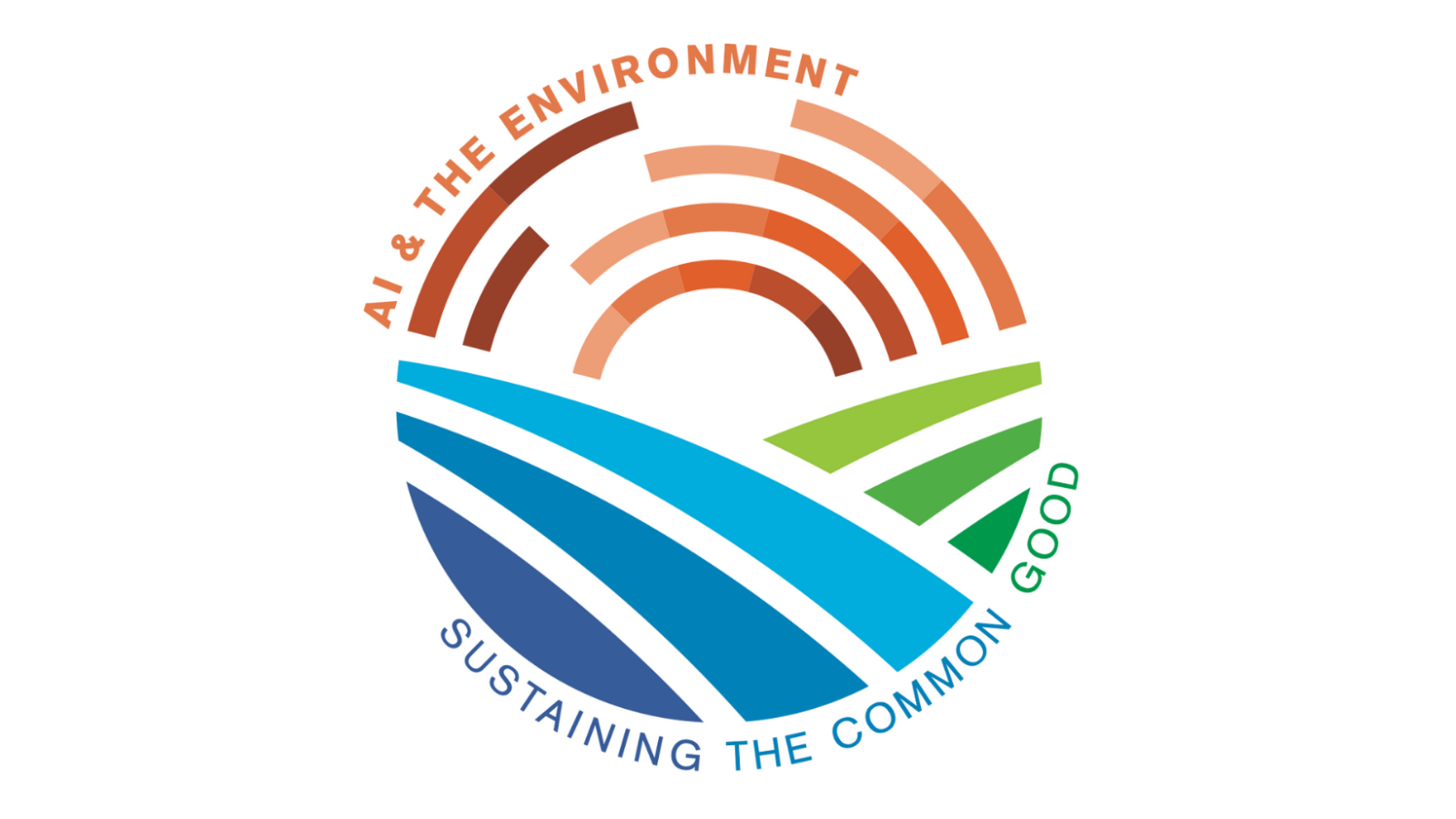An Ethics Case Study
|
When you read online, do you read the comments? Over the last few years, a "Don't Read the Comments" movement has swept the Internet. (@AvoidComments, a Twitter bot launched in late 2012, which tweets out daily reminders not to read comments, once boasted more than 33,000 followers — including prominent journalists, academics, and technologists.) Many Internet users have come to feel that online comments are often not thoughtful responses but angry, simplistic, hate-filled tirades, or personal attacks against authors or other commenters. As a result—as Scientific American blogger Krystal D'Costa notes—"many readers ... routinely skip the comments, particularly for material that touches upon controversial topics. When they do read the comments, their response is typically some variation of 'I read the comments. I shouldn't have read the comments. Why did I read the comments ?!'" In March 2014, Jeff Atwood (a blogger, software developer, and co-founder of the Stack Exchange network) wrote a response to this movement: "Please Read the Comments." While acknowledging that online comments can be awful, Atwood argues that the appropriate response is not to stop reading the comments, but for the community to moderate them; he writes, "if you are unwilling to moderate your online community, you don't deserve to have an online community." He links to a post by another well-known blogger, Anil Dash, who argues that website operators have a moral obligation to moderate comments on their site; Dash adds, "if you don't, you're making the web, and the world, a worse place. And it's your fault." Recognizing, however, that comment moderation is difficult and costly, Atwood has developed a software-based solution that allows a community of commenters to moderate itself. As he describes it, "Civilization begins with software that actively works to help you create safe environments for having reasonable conversations with other human beings. On the Internet, even!" However, even with the help of such software, some members of the online community would still have to read all the comments, as part of the process through which those comments would get sorted and prioritized. And while some people argue that words can't really be harmful, others disagree. For example, Caroline Criado-Perez, a feminist blogger, points out the misogyny prevalent in many comments sections—and though she also challenges women to do more than just stop reading comments, she acknowledges that the reading has a cost, too: I see the sense in 'Avoid the Comments,' I really do. Who has the mental and emotional capacity to take on the bilious internet herd? The times I have 'waded in', I am routinely left with that dead feeling in my stomach…. I feel hopeless and exhausted, and reluctant to ever go back. ... [T]he daily dose of internet bile, and the daily reminder that there are big signs hung over large swathes of the internet saying 'Women Keep Out' does nothing to help this. Confronted by similarly demeaning personal attacks in online comments, members of other groups feel the same way. In addition, in some contexts, uncivil comments may cause a different kind of harm. In September 2013, for example, the online content director of the magazine Popular Science announced, Comments can be bad for science. That's why, here at PopularScience.com, we're shutting them off. It wasn't a decision we made lightly. As the news arm of a 141-year-old science and technology magazine, we are as committed to fostering lively, intellectual debate as we are to spreading the word of science far and wide. The problem is when trolls and spambots overwhelm the former, diminishing our ability to do the latter. She went on to cite a study showing that "[u]ncivil comments not only polarized readers, but they often changed a participant's interpretation of the news story itself. ... Simply including an ad hominem attack in a reader comment was enough to make study participants think the downside of the reported technology was greater than they'd previously thought." Despite such decisions, Atwood remains convinced that comments overall do more good than harm and "reliably produce crowdsourced knowledge in aggregate." Through his new "Discourse" software, he hopes to alleviate the problem that led to the "don't read the comments" meme. For now, tools like "Discourse" are not the norm in online conversations. Questions 1) Do we have an obligation to read—and help moderate—the comments? This might be described as a question of “Everyday Ethics”: "Don't read the comments! (Why do we read the online comments when we know they'll be bad?)": https://www.scientificamerican.com/blog/anthropology-in-practice/done28099t-read-the-comments-why-do-we-read-the-online-comments-when-we-know-theye28099ll-be-bad/ "Please Read the Comments": http://blog.codinghorror.com/please-read-the-comments/ "Don't Read the Comments? Why the Hell Shouldn't I?": https://weekwoman.wordpress.com/ "Why We're Shutting Off Our Comments": http://www.popsci.com/science/article/2013-09/why-were-shutting-our-comments Irina Raicu is the Internet ethics director at the Markkula Center for Applied Ethics. |



